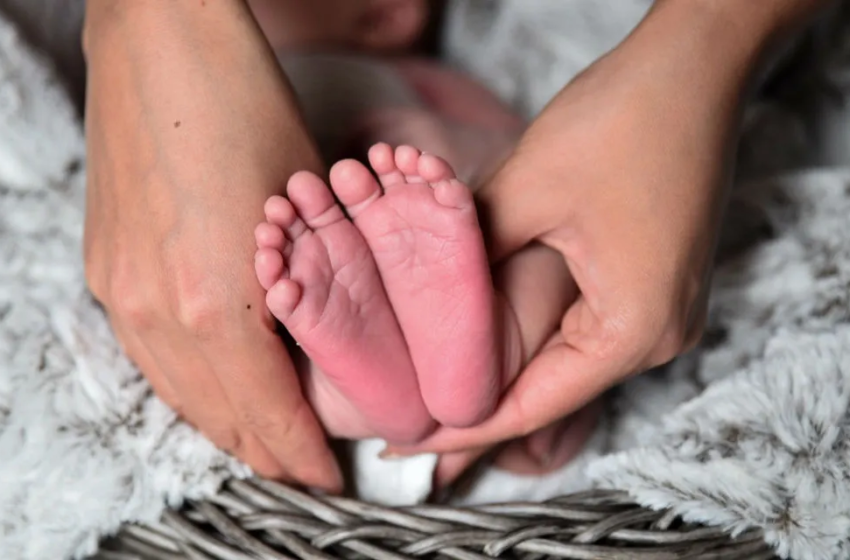What are the chances of success after in-vitro fertilization?

The chances of a successful pregnancy are between 30 and 40%. This is because IVF has been around for a long time, the medical scheme is well established and the best doctors and modern technology are working for your reproductive system. This makes in-vitro fertilisation one of the most successful fertility treatments for complicated cases. According to statistics, children born through artificial insemination are no different from normal children, they are just as healthy and have a well-developed nervous system.
If you are interested in cost of gestational surrogacy, we advise you best surrogacy agency – Delivering Dreams.
The age of the patient undergoing IVF influences the likelihood of the procedure’s success the most. If it is a young woman, even if she has a reproductive disease, the chances of success are very high. Unfortunately, they decrease every year and a woman in her 40s will not have the same success rate as a young woman. In addition to age, habits and the health status of both partners have a serious impact. A woman who leads a healthy lifestyle has a much better chance of a successful pregnancy than others. In addition, if one or both partners are overweight, this also has a negative effect on the success of IVF, as being overweight reduces the quality of sperm and eggs and disturbs hormonal levels.
This treatment is completely safe and you can undergo IVF as many times as you need to be successful. Whether it is advisable to have another IVF procedure after a failed one depends only on your personal choice and on the opinion of your fertility doctor. If you are determined, you can keep trying until you become pregnant. Reproductive medicine knows unique cases where persistent women have had more than 20 IVF attempts and eventually succeeded.
However, it is important to remember that planning a child is necessary, and the earlier the better. Just so you understand, a woman’s chance of conceiving significantly decreases after the age of 35. And a woman who is over 45 has only a 5% chance of getting pregnant. This is directly related to the fact that egg reserves are depleted, and this is especially noticeable in women over 35. A newborn girl has almost 2,000,000 unripe eggs in her ovaries; by the age of 14, around 300,000 are left. Every month thereafter, the girl loses one oocyte, which comes out with her menstruation, and a few dozen more oocytes, which have not matured. In this way, only about 400 oocytes mature naturally during a woman’s lifetime. Artificial insemination methods are based on stimulating the woman’s ovaries, forcing them to produce more than one oocyte per month. This allows several eggs to be fertilised in one cycle and thus increases the chances of a successful pregnancy.